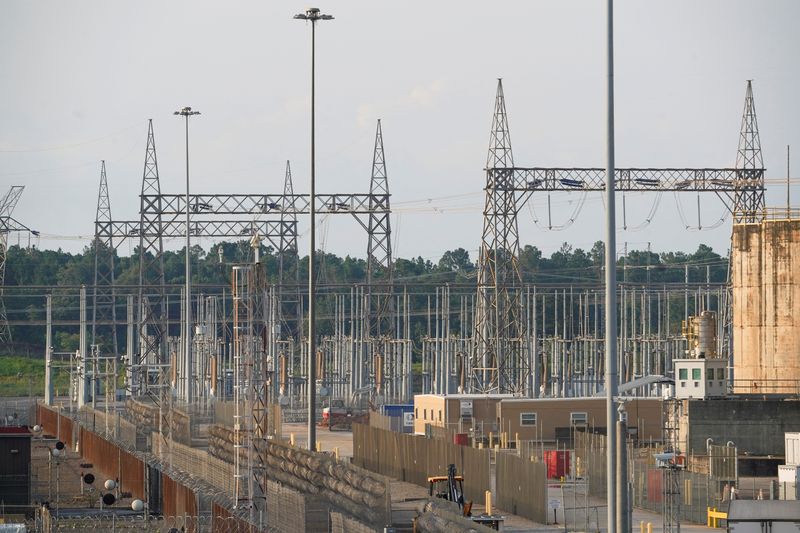Bayraktar: "Initially, We Can Export Electricity from Turkey to Syria and Lebanon"
A technical delegation established within the Ministry of Energy and Natural Resources continues its investigations related to Syria's energy infrastructure in Damascus, receiving initial assessments from Minister Bayraktar. Minister Bayraktar announced that Syria has lost 5,000 megawatts of its pre-war electricity generation capacity of 8,500 megawatts, stating, "Most people are meeting their electricity needs with generators."
Bayraktar noted that depending on the condition of the communication network, both Syria and Lebanon could initially meet their electricity needs from Turkey, and he provided significant insights regarding the energy crisis facing Iran. He explained that the flow related to the natural gas contract with Iran is around 60% to 50%. “We do not foresee any difficulties for winter in Turkey. In this sense, we have taken the necessary precautions. Unfortunately, this crisis continues to deepen,” he commented.
The minister attended the last meeting of the Economy Coordination Board (EKK) of the year held in Şanlıurfa. Following the meeting, he informed reporters that all the electricity currently used in homes is being supplied from wind and solar energy. Bayraktar elaborated that they aim to increase the installed capacity of renewable energy to 120,000 megawatts over the next 11 years, adding that efforts to shorten the permit processes in this area have matured.
Bayraktar also mentioned that they aim to shorten permit processes in mining as well and discussed a regulation concerning subscribers with consumption levels above certain thresholds to cover the real cost of energy. He emphasized that "3% of electricity subscribers will be affected by this regulation," stating, "It is a regulation that will affect 17% of consumption."
Referring to the GAP region, he indicated that daily production in Şırnak Gabar has exceeded 70,000 barrels, saying, “We are talking about a scale that directly contributes approximately 2 billion dollars to our economy. We also aim to implement a regulatory framework concerning institutional restructuring for TPAO and other energy state enterprises within 2025."
Bayraktar stated that a ministerial delegation is conducting technical studies in Syria, noting that there are areas where electricity and energy services are currently provided through Turkey, particularly in operational regions such as Idlib, Afrin, and others. He further added, "Beyond this, our initial findings regarding Aleppo and the southern areas show that Syria, which had a pre-war installed capacity of 8,500 megawatts, has lost about 5,000 megawatts, currently having an installed capacity of 3,500 megawatts. A significant majority of people are meeting their electricity needs with generators, hence there is a very serious electricity need."
Bayraktar stated that Turkey could export the electricity required by both Syria and Lebanon depending on the condition of the transmission network, stating, "Some of the Syrian people aim to return when the conditions there improve; thus, our efforts there will have such a reflection."
Regarding oil, Bayraktar expressed the intention to bring Syria's own resources back into the economy, indicating that the delegation in Damascus also includes representatives from the oil and natural gas sector, stating, “What can be done in Syria, which had reached daily oil production of 350,000 barrels before 2011? They will carry out the initial studies on that.”
Addressing the energy crisis in Iran, Bayraktar continued: "Iran is currently unable to fully meet its existing obligations. The flow corresponding to our natural gas contract is around 60% to 50%. We do not foresee any issues for winter in Turkey and we have taken the necessary precautions. However, unfortunately, this crisis continues to deepen."


